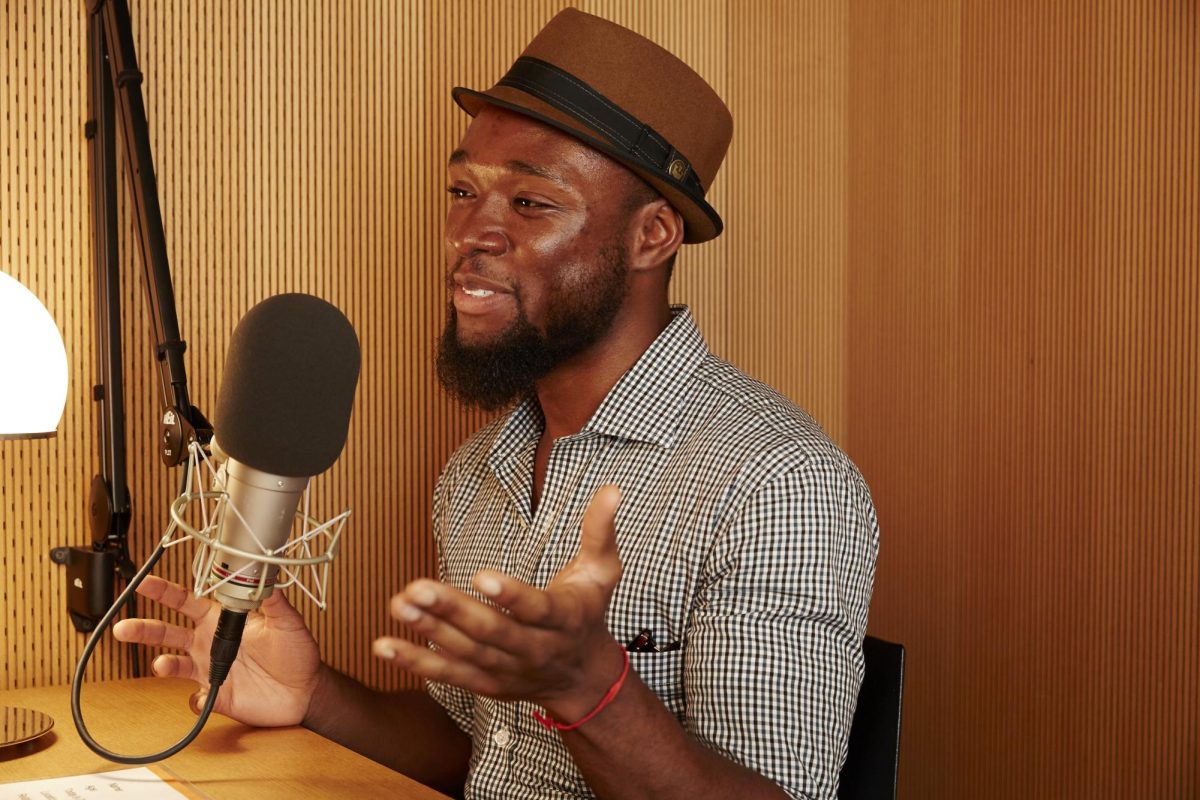Student service fee increases at the University of Minnesota could soon require a student body vote.
A divisive debate around the fees ended when the Minnesota Legislature passed its higher education omnibus bill last week and was signed into law by Gov. Mark Dayton Tuesday.
A previous version would have made the fees optional, but the bill faced criticism from students and administrators and raised concerns over infringing on the University’s constitutional autonomy. In later versions, the provision was removed. Now, a student vote could be required if the fees are raised by more than two percent.
“I think the compromise we came up with is a good one, where it will keep it in check a little bit,” said Rep. Bud Nornes, R-Fergus Falls, chair of the House’s higher education committee.
University Spokesperson Steve Hennebery said the University is still deciding on how to approach the provision.
Both student service fee provisions were authored by Rep. Drew Christensen, R-Savage, who has said the goal was to reduce the cost of college for students who don’t use services funded by the fees.
Some Republican legislators praised the change as a way to cut college costs as student service fees for the past two semesters totaled to $864.36.
While Democrats and student leaders were happier with the final provision, they still expressed concern with the changes.
“Attempting to do away with these fees was pretty extreme,” Nornes said. “But it did prove a point. … This has happened over time, where suddenly students are paying close to a thousand dollars for fees.”
Matt Kramer, University vice president for government relations, said the legislation is a reminder that the student service fee process needs more attention. He said the school should ensure the fees are used efficiently, but stressed they are an important part of funding infrastructure.
“We have an obligation to look at it and say how we are going to respond to it,” he said. “I wouldn’t term it as good, I wouldn’t term it as bad.”
Rep. Gene Pelowski, DFL-Winona, criticized the provision’s origins, saying it came from the Legislature and not students.
“The final version is better than the first version, but it has a lingering ability to do major harm to student services and facilities,” Pelowski said.
Student leaders and regents said they were pleased with how the provision was scaled back and allowed for student oversight.
“It is reasonable thought by the Legislature” said Regent Steve Sviggum. “If we are going to increase the student service fees significantly, the students should have a say in it.”
Max Hurst, Minnesota Student Association’s director of legislative and government affairs, said the original bill could have harmed important facilities like the Aurora Center without bringing a tangible difference to costs.
“We’re happy with the change and the language we have now,” he said.
Christopher Lemke contributed to this report.
Correction: A previous version of this report misstated which organization Max Hurst believed would be harmed by the original legislation. That organization was the Aurora Center.







